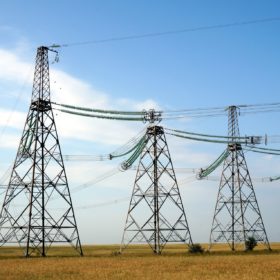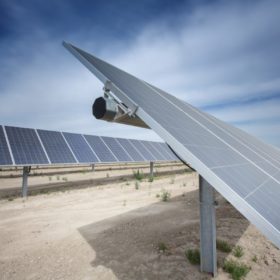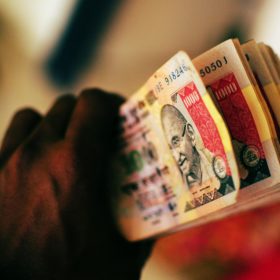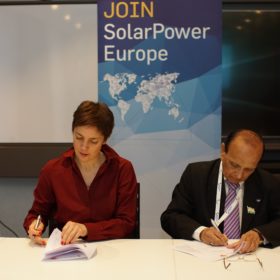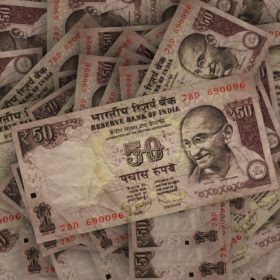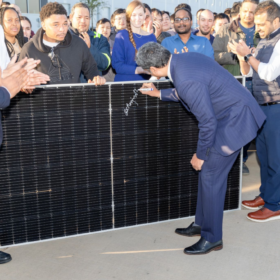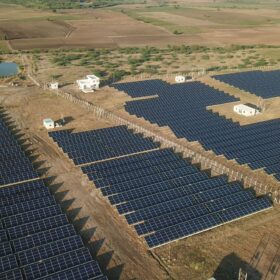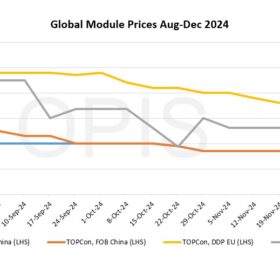SECI extends 3 GW manufacturing tender bid submission deadline
The deadline for SECI’s latest attempt to incentivize Indian solar manufacturing by offering generation capacity has come and gone. The government body’s attempts to kick-start domestic production have thus far made little headway.
2 GW solar with VGF support tendered for state-run power generators
As part of the viability gap funding scheme for 12 GW of new solar, SECI has invited bids for setting up of 2 GW of grid-connected solar PV projects. The projects, to be developed on ‘build, own, operate’ basis, can be located anywhere in India for self-use or use by government entities at maximum fixed tariffs of Rs 3.50/kWh. The deadline for bid submission is May 3.
Tata Power-DDL to implement smart grid pilot with European backing
Tata Power Delhi Distribution Limited (Tata Power-DDL) has partnered with European firms Enedis, Schneider Electric, Odit-e and VaasaETT to implement a 1MW smart grid pilot in India, which would be insulated from any blackout in the main grid.
Global utility-scale solar set for double-digit growth: Goldman Sachs
Utility-scale solar power capacity will grow by double digits globally in 2019 and 2020, driven by expansions in the United States, Europe, Middle East and China.
Solar capacity addition to slow down till FY2019-20: Crisil
While commissioning is expected to slow down in FY 2018-19 due to the impact of the safeguard duty and GST issues, FY 2019-20 is weak due to delay in auction as several tenders got delayed/cancelled. However, FY2019-20 onwards, solar capacity additions are expected to pick up due to several factors including subsiding/removal of the safeguard duty (which would ease cost pressures).
GST and safeguarding duty have driven up solar power costs nearly 6%
A study by the Council on Energy, Environment and Water claims the imposition of goods and services tax on PV projects, safeguarding duty on module imports and late payments from hard-up power distribution companies are all hindering Indian solar.
SolarPower Europe and NSEFI sign MoU on solar cooperation
Brussels-based SolarPower Europe and the National Solar Energy Federation of India (NSEFI) have signed a Memorandum of Understanding (MoU) for cooperation on operation & maintenance (O&M), installation quality, digitalisation and storage.
Gujarat’s 1 GW solar tender shunned by developers
Project developers turned their back on a procurement exercise linked to projects at the Dholera Solar Park, after insisting the challenging terrain meant the electricity price ceiling stipulated by the state would make projects unviable.
12 GW ‘new’ solar with VGF support approved
The president of India has approved the Rs 8580 crore viability gap funding (VGF) support for state-run generators to set up 12 GW of solar projects using domestically-made equipment over the next four years.
Low tariff comes out of Rajasthan 750 MW auction
Record-setting Acme Solar has secured a third of the latest procurement exercise in the state with a lowest bid of Rs2.48/kWh. The tender was oversubscribed by more than 100% as offers came in for 1,620 MW of capacity.


